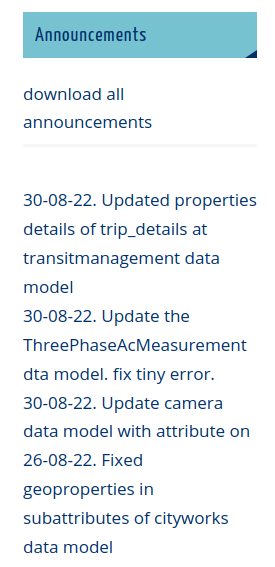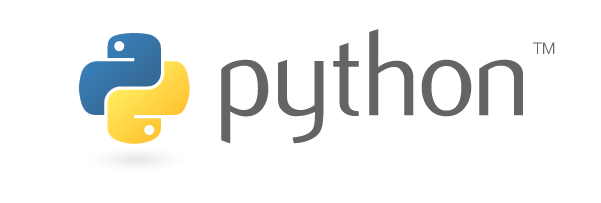Initially, you will see few changes in the specifications of all data models,(it is in progress because it will last around 2 days to get it completed)
– The inclusion of the model for those attributes having it.
– Including the data type (when there is only one) for the attributes. ”
address[object]: The mailing address. Model: https://schema.org/address“
– A footer with some useful links, etc
Smart Data Models +++ Contribution Manual +++ About
but there is another hidden relevant change. The specifications are now divided into sections by these tags:
<!– section name –>
<!– /section name –>
It makes easier to update part of the specification without disrupting the rest of the content, and in most markdown viewers it is unnoticed. Besides this, it also allows the extension of the specification (if needed in a coming future) with new sections.
And, of course, everything can be done automatically. Thus we can keep being agile according to our principles.
Therefore, if you see that the specifications are presenting an update don’t worry, Initially, it is just the format and this new trick.
And welcome to the Chinese translation which is using this new format already.








